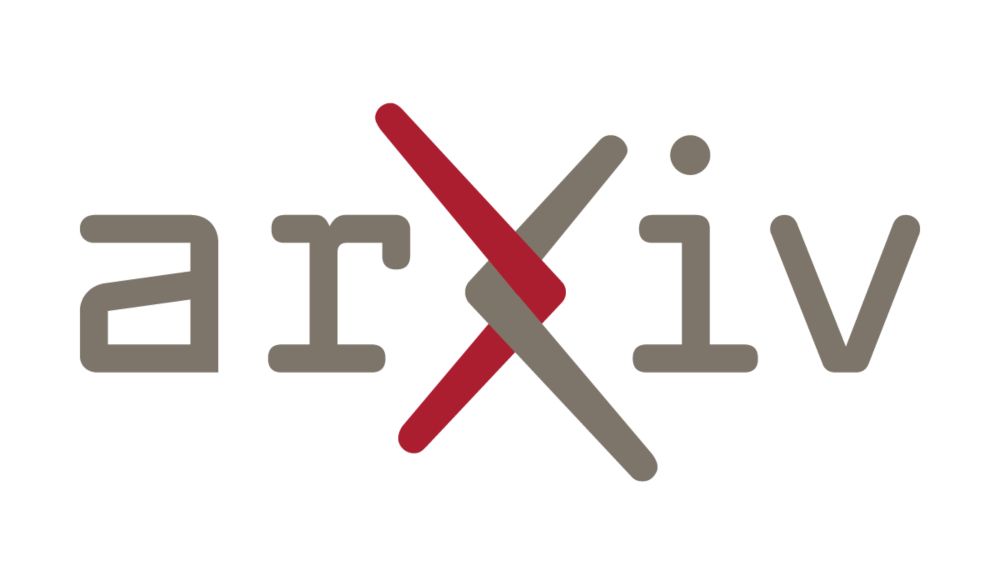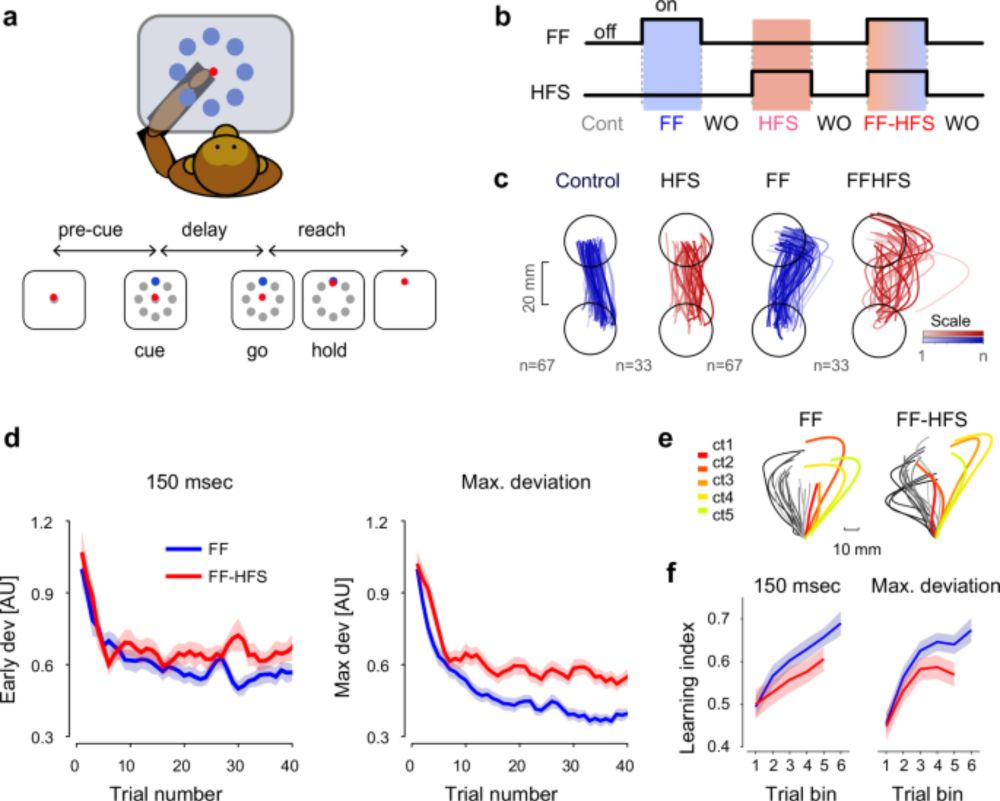Jonathan Kadmon
@kadmonj.bsky.social
120 followers
140 following
15 posts
Assistant professor of theoretical neuroscience @ELSCbrain. My opinions are deterministic activity patterns in my neocortex. http://neuro-theory.org
Posts
Media
Videos
Starter Packs
Jonathan Kadmon
@kadmonj.bsky.social
· Jul 27
Jonathan Kadmon
@kadmonj.bsky.social
· Mar 27
Jonathan Kadmon
@kadmonj.bsky.social
· Mar 23

Training Large Neural Networks With Low-Dimensional Error Feedback
Training deep neural networks typically relies on backpropagating high dimensional error signals a computationally intensive process with little evidence supporting its implementation in the brain. Ho...
arxiv.org
Jonathan Kadmon
@kadmonj.bsky.social
· Mar 23

Training Large Neural Networks With Low-Dimensional Error Feedback
Training deep neural networks typically relies on backpropagating high dimensional error signals a computationally intensive process with little evidence supporting its implementation in the brain. Ho...
arxiv.org
Jonathan Kadmon
@kadmonj.bsky.social
· Mar 23
Jonathan Kadmon
@kadmonj.bsky.social
· Mar 23
Jonathan Kadmon
@kadmonj.bsky.social
· Mar 23
Jonathan Kadmon
@kadmonj.bsky.social
· Mar 23
Jonathan Kadmon
@kadmonj.bsky.social
· Mar 23

Training Large Neural Networks With Low-Dimensional Error Feedback
Training deep neural networks typically relies on backpropagating high dimensional error signals a computationally intensive process with little evidence supporting its implementation in the brain. Ho...
arxiv.org
Reposted by Jonathan Kadmon
Hugo Ninou
@hugoninou.bsky.social
· Mar 22

Cerebellar output shapes cortical preparatory activity during motor adaptation - Nature Communications
Functional role of the cerebellum in motor adaptation is not fully understood. The authors show that cerebellar signals act as low-dimensional feedback which constrains the structure of the preparator...
www.nature.com
Reposted by Jonathan Kadmon
Reposted by Jonathan Kadmon
Jonathan Kadmon
@kadmonj.bsky.social
· Feb 17
Jonathan Kadmon
@kadmonj.bsky.social
· Feb 17

Neural mechanisms of flexible perceptual inference
What seems obvious in one context can take on an entirely different meaning if that context shifts. While context-dependent inference has been widely studied, a fundamental question remains: how does ...
www.biorxiv.org
Jonathan Kadmon
@kadmonj.bsky.social
· Feb 17
Jonathan Kadmon
@kadmonj.bsky.social
· Feb 17
Jonathan Kadmon
@kadmonj.bsky.social
· Feb 17
Jonathan Kadmon
@kadmonj.bsky.social
· Feb 17

Neural mechanisms of flexible perceptual inference
What seems obvious in one context can take on an entirely different meaning if that context shifts. While context-dependent inference has been widely studied, a fundamental question remains: how does ...
www.biorxiv.org


